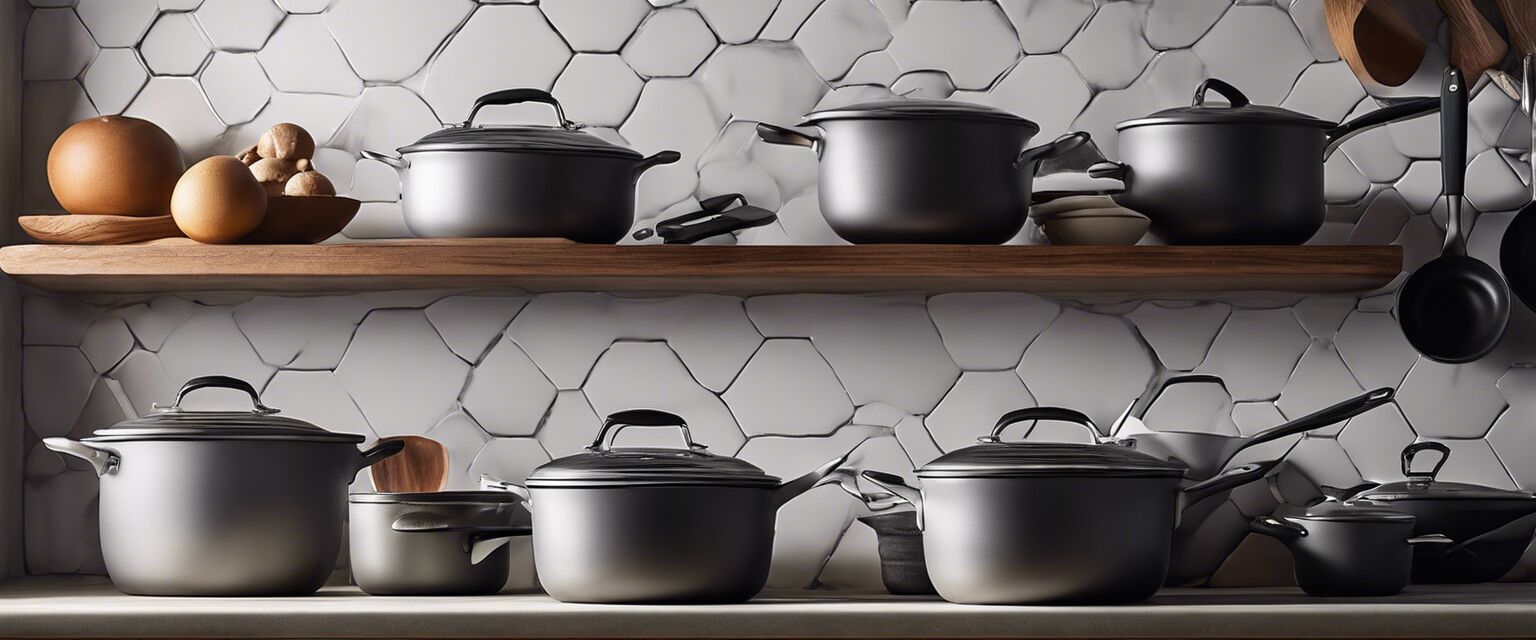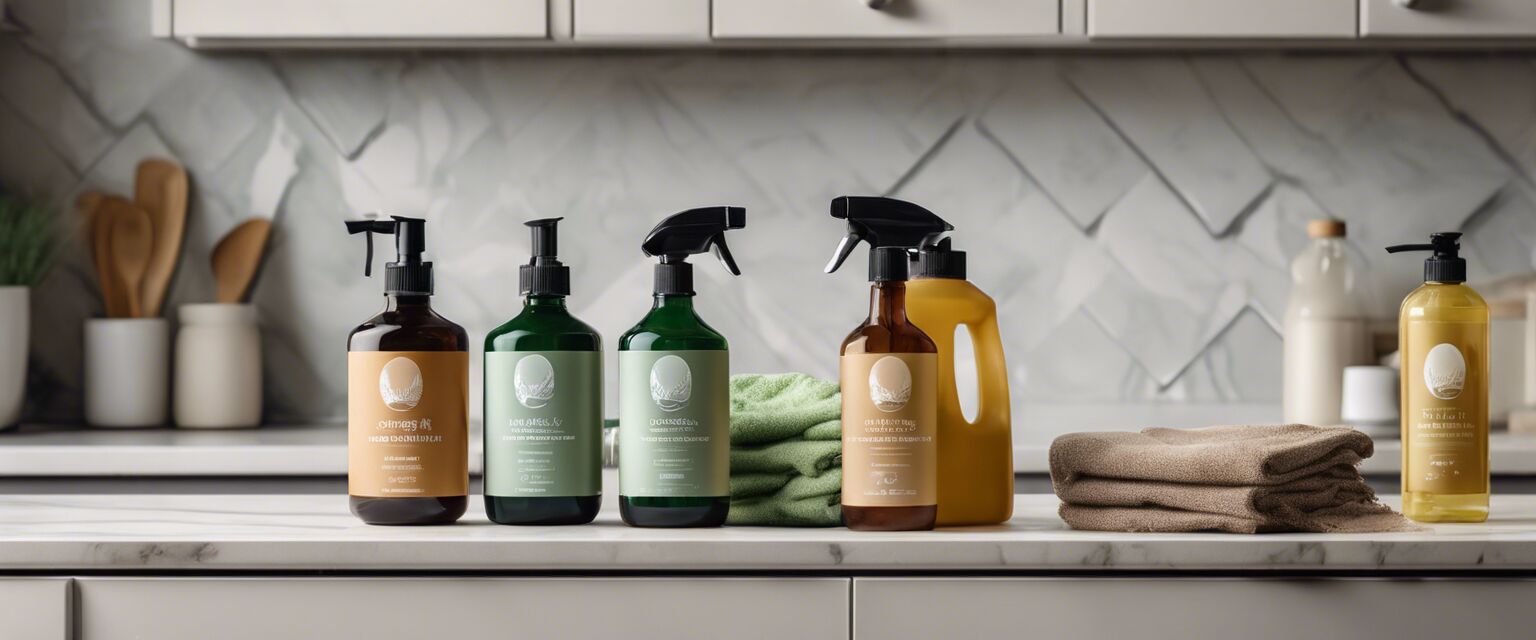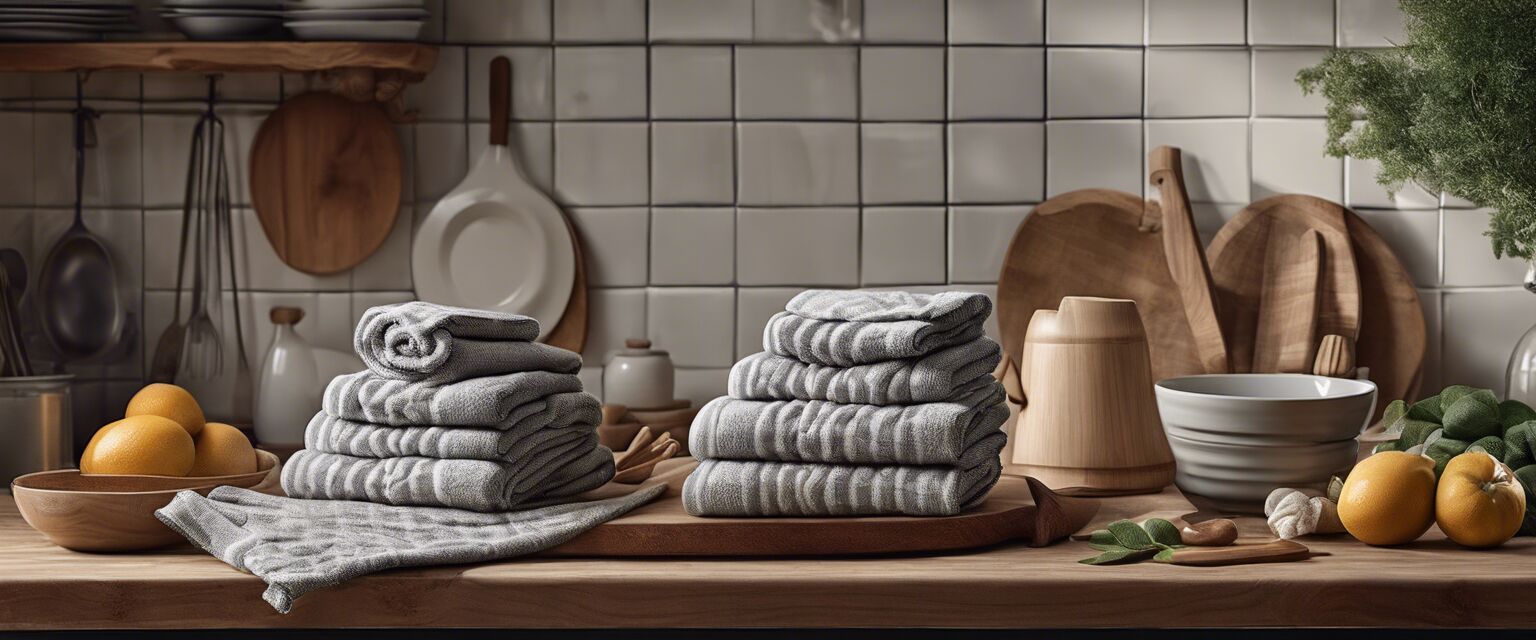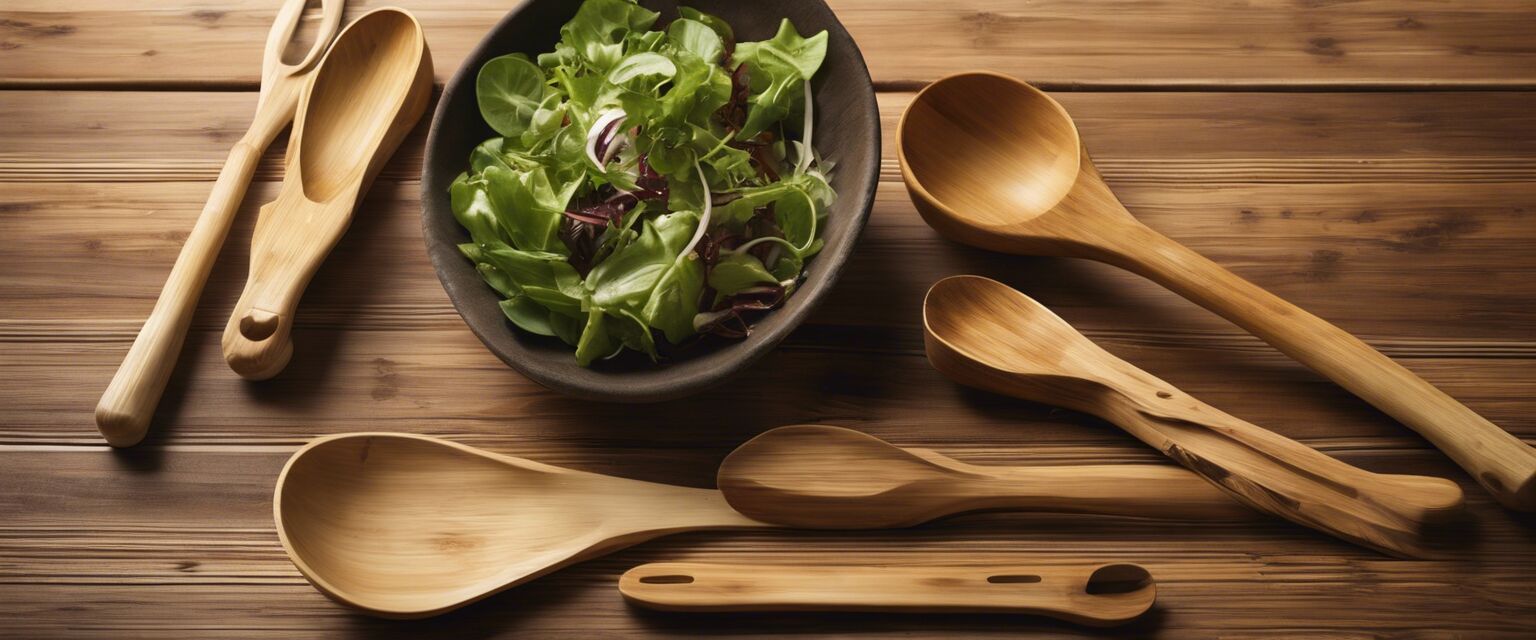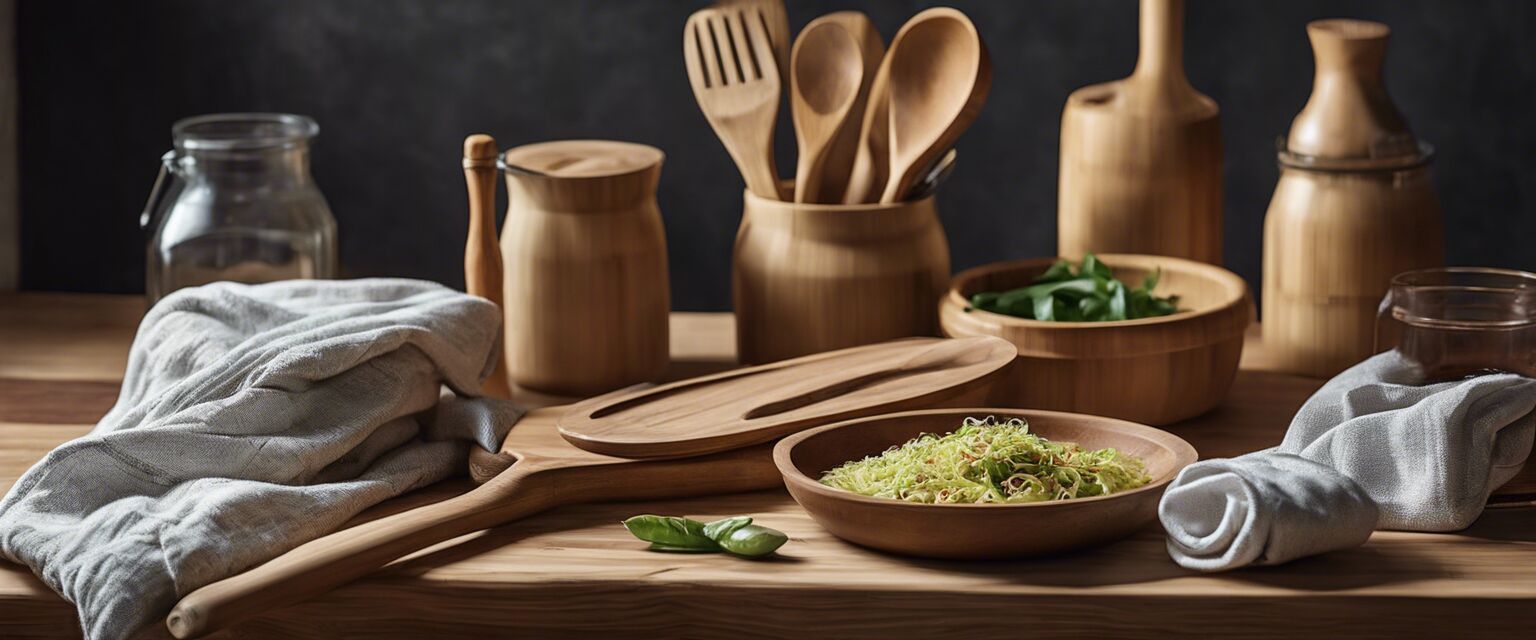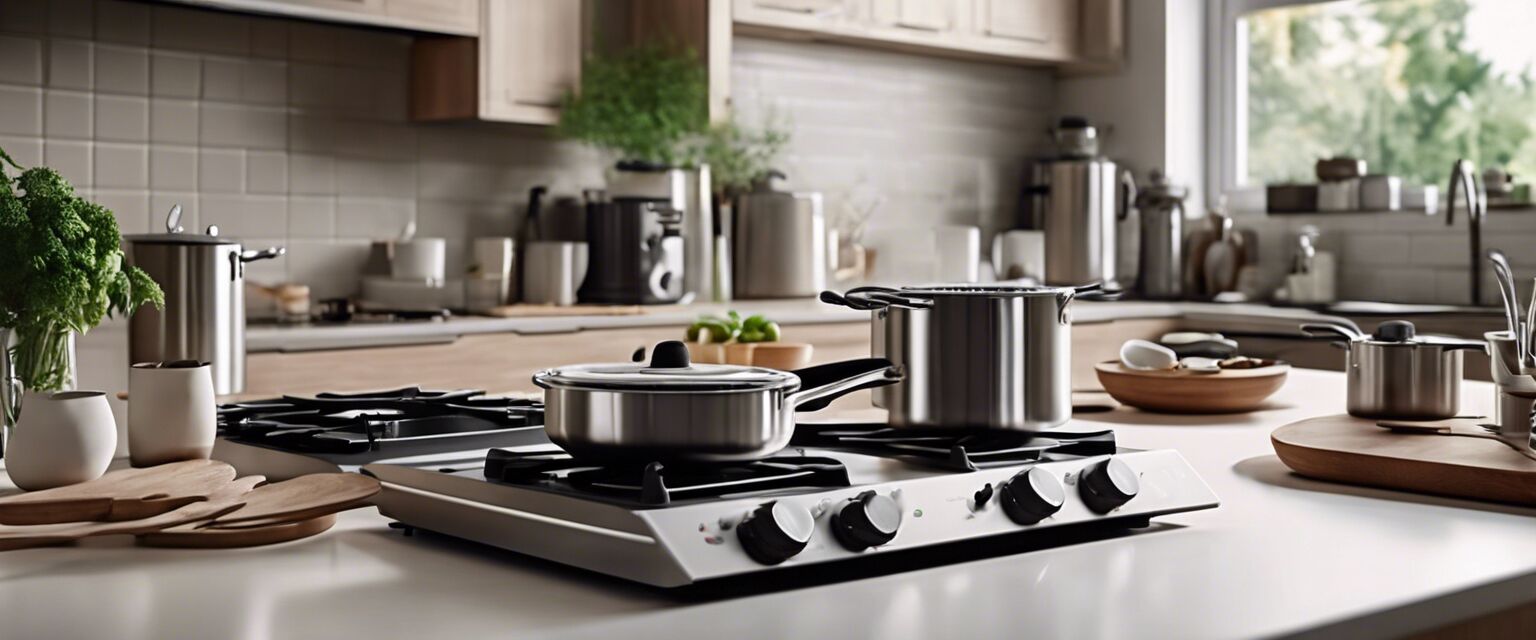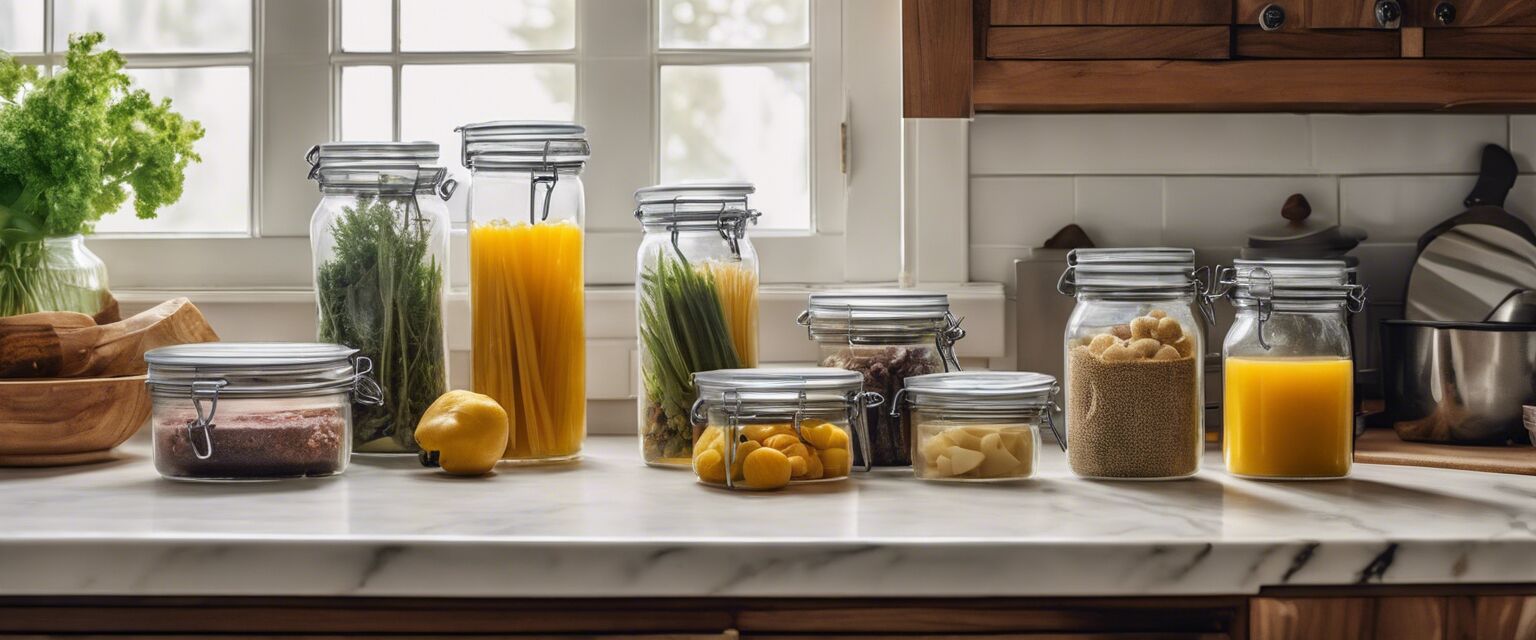
Eco-Friendly Food Storage
Key Takeaways
- Discover sustainable food storage options like beeswax wraps and glass containers.
- Learn how to reduce plastic waste in your kitchen.
- Explore the benefits of using reusable silicone bags.
- Find tips for choosing eco-friendly food storage products.
In a world increasingly aware of environmental issues, choosing eco-friendly food storage solutions is essential. This guide will explore various sustainable options, including beeswax wraps, glass containers, and reusable silicone bags. By making informed choices, you can reduce your environmental impact while keeping your food fresh.
Why choose eco-friendly food storage?
Traditional food storage products often contribute to plastic waste and pollution. By opting for eco-friendly alternatives, you can:
- Minimize plastic use
- Support sustainable materials
- Encourage a healthier lifestyle
- Reduce food waste
Types of eco-friendly food storage solutions
1. Beeswax wraps
Beeswax wraps are a fantastic alternative to plastic wrap. Made from organic cotton infused with beeswax, they are reusable and biodegradable.
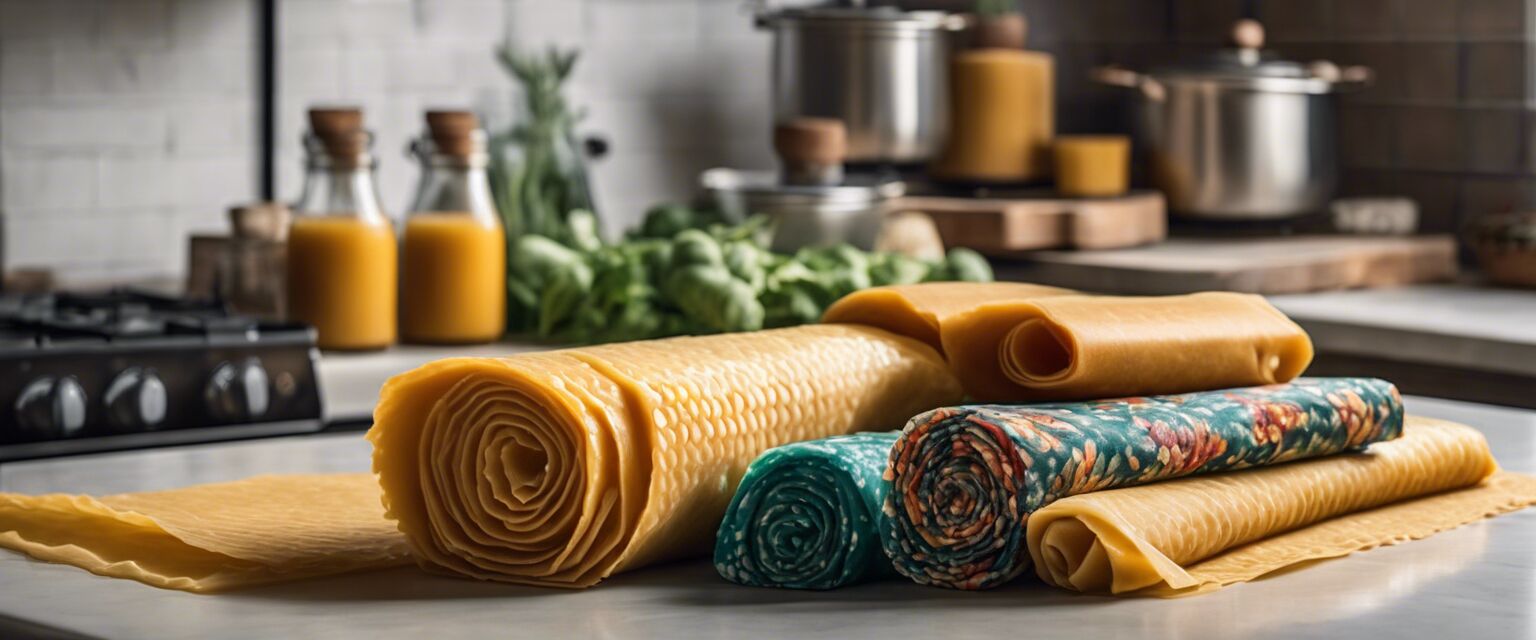
2. Glass containers
Glass containers are durable and can be used for both storage and cooking. They are free from harmful chemicals and can be recycled.
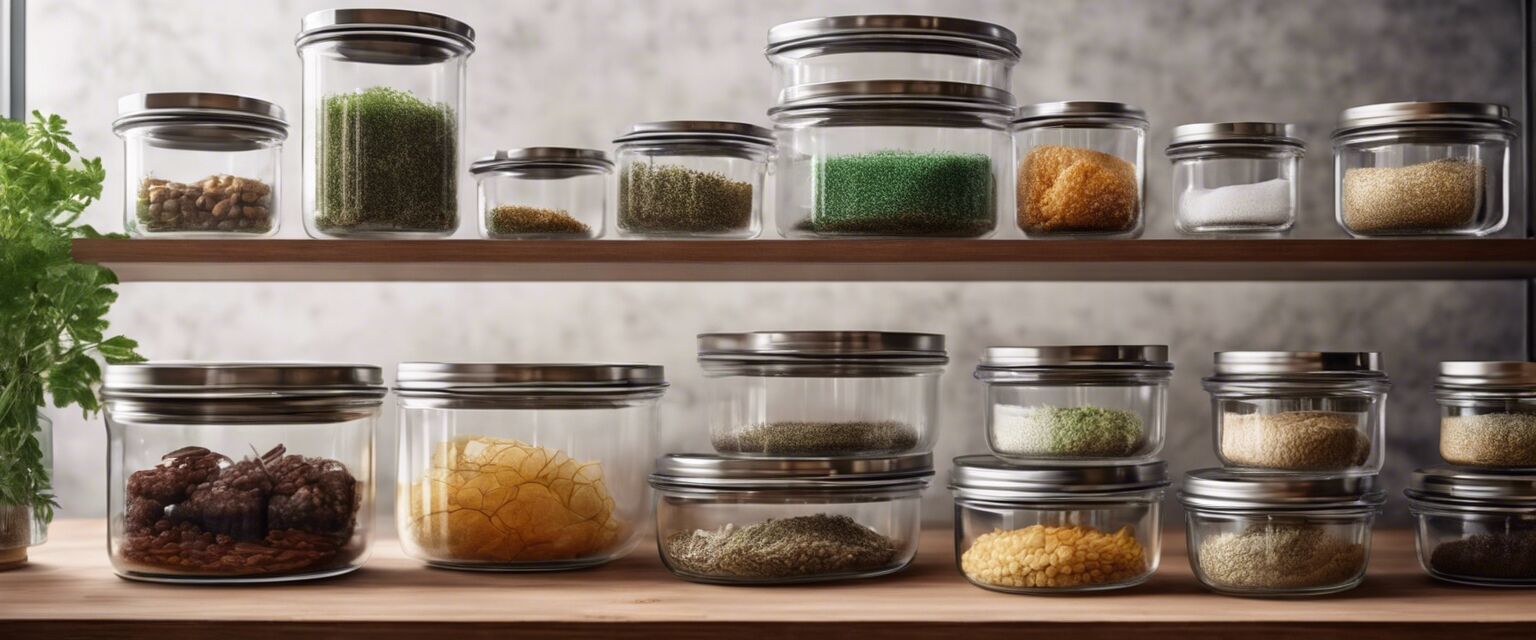
3. Reusable silicone bags
Silicone bags are versatile and can be used for freezing, cooking, and storing food. They are dishwasher-safe and reduce single-use plastic waste.
Comparison of eco-friendly food storage options
| Product Type | Material | Reusability | Environmental Impact | Best Use |
|---|---|---|---|---|
| Beeswax Wraps | Organic Cotton, Beeswax | Yes, up to 1 year | Biodegradable | Covering food, wrapping sandwiches |
| Glass Containers | Glass | Yes, indefinite | Recyclable | Storing leftovers, meal prep |
| Silicone Bags | Food-grade Silicone | Yes, up to 2 years | Recyclable | Freezing, marinating, and storage |
Benefits of using eco-friendly food storage
1. Healthier options
Many eco-friendly products are free from harmful chemicals found in traditional plastic storage items. This leads to safer food storage.
2. Cost-effective
Investing in reusable storage options can save you money in the long run, as they reduce the need for disposable products.
3. Environmentally friendly
Using sustainable materials decreases your carbon footprint and promotes a healthier planet.
Tips for choosing eco-friendly food storage products
Tips for Beginners
- Look for products made from organic or recycled materials.
- Choose items that are reusable and easy to clean.
- Consider the lifespan of the product before purchasing.
- Check for certifications like USDA Organic or BPA-free labels.
- Start with a few essentials and gradually expand your collection.
How to care for eco-friendly food storage solutions
Proper care extends the life of your eco-friendly products:
- Beeswax wraps should be washed with cold water and mild soap; avoid heat.
- Glass containers can be cleaned in the dishwasher and are oven-safe.
- Silicone bags can be washed in the dishwasher or by hand and should not be exposed to direct heat.
Conclusion
Choosing eco-friendly food storage solutions is a simple yet effective way to contribute to a sustainable lifestyle. By opting for beeswax wraps, glass containers, and reusable silicone bags, you can minimize waste and promote healthier living. Start with small changes in your kitchen, and youâll be amazed at the impact you can make.
Pros
- Reduces plastic waste
- Healthier food storage options
- Cost-effective in the long run
- Supports sustainable practices
Cons
- Initial investment cost may be higher
- Some products may require special care
- Limited availability in some regions

